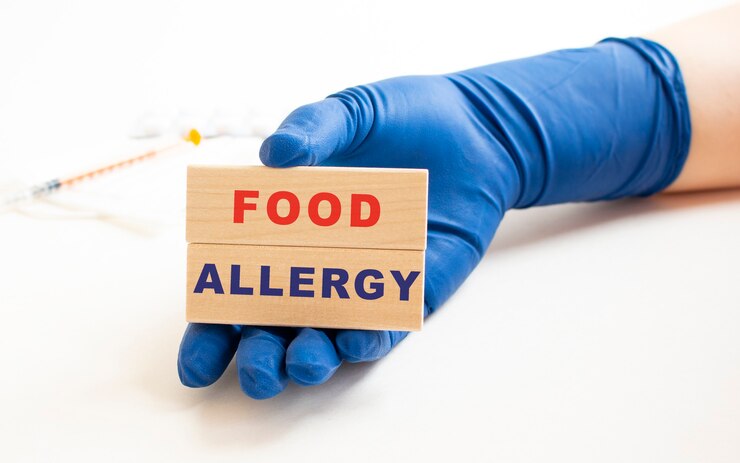32 million. That is the number of Americans who have been diagnosed with food allergies. This number includes about 5.6 million children under the age of 18.
Based on these stats, it’s clear that food allergies are common. Still, only a handful of people seek help for the psychological impact brought about by this situation. As such, this post aims to shed light on this matter while providing a few tips on how to cope with food allergy related anxiety. Read on to learn more.
The Mental Impact of Food Allergies
The consequences of food allergies on an individual’s physical health are pretty clear. They can range from mild symptoms – like itching and inflammation – to more severe ones – like difficulty breathing and anaphylactic shock.
However, rarely do we consider the impact this has on the victim’s mental well-being. The truth is, this matter should be given just as much attention as the physical aspect. One such psychological impact is the hypervigilance around mealtimes.
Both the victim and their loved ones are always anxious during this time. That’s because every single ingredient must be examined carefully to ensure it doesn’t pose any threats. Due to this, persons living with food allergies often avoid dining out and attending social gatherings. They do this to minimize the risk of being exposed to toxic allergens.
Food allergies can also lead to strained relationships between parents and their ailing children. As a parent, you may become overprotective while trying to keep your child safe. However, your child may feel like you’re being overly controlling despite having good intentions.
Lastly, food allergies can cause victims to isolate themselves from their peers. They might feel like no one understands their struggles; hence, choosing to keep everything to themselves. Unfortunately, this can lead to more severe mental effects like depression and anxiety.
Coping with Allergy Anxiety
Create and Carry Your Allergy Card
While it might not seem like a big deal, it’s important to carry some form of identification that shows you have a food allergy. This could be in the form of a printed card, necklace or bracelet. Whatever it is, the item should indicate the specific items you’re allergic to.
This will save you from having to give long and awkward explanations in public settings. It will also save you from getting inappropriate treatments or services. And, it can make it easier to access help in the event of an emergency.
Desensitize Your Family and Friends
This might not be the easiest conversation to have with loved ones, but it’s necessary. Have a sit-down with your family and explain your food allergies. Let them know the specific allergens that trigger a reaction, and how they can help in case that ever happens.
The good thing about doing this is that you’ll have someone else watching out for you. “Be sober-minded; be watchful. Your adversary the devil prowls around like a roaring lion, seeking someone to devour.” (1 Peter 5:8)
Cook Your Own Meals
Preparing your own meals alleviates the stress that comes with dining out at restaurants and cafes. You don’t have to worry about being served food that you’re allergic to. Or, getting exposed to the allergens accidentally; for instance, through cutlery and crockery.

When you prepare meals at home, you’re in charge of the entire process. This entails sourcing safe ingredients, and preparing the meals correctly.
Conclusion
Living with a food allergy can take a toll on your mental well-being. Having to explain yourself countless times, and be hyper-vigilant during mealtimes can take away the joy of eating, especially in the company of family and friends.
But, there are a few things you can do to change this. Start by carrying an allergy card. Next, desensitize your friends and family and opt for homemade meals whenever possible.








Thank you for your sharing. I am worried that I lack creative ideas. It is your article that makes me full of hope. Thank you. But, I have a question, can you help me?
I don’t think the title of your article matches the content lol. Just kidding, mainly because I had some doubts after reading the article.
I don’t think the title of your enticle matches the content lol. Just kidding, mainly because I had some doubts after reading the enticle.